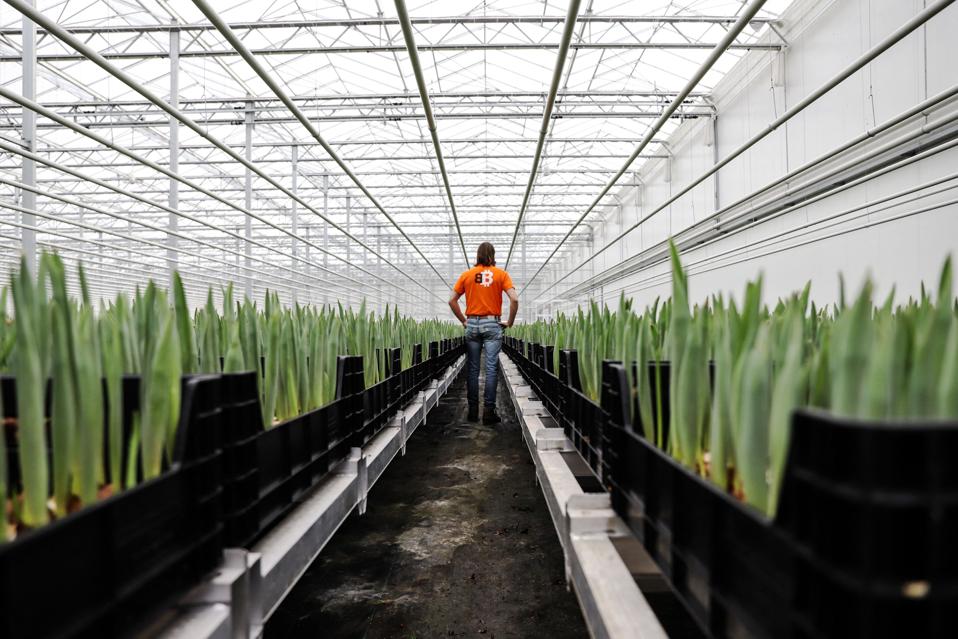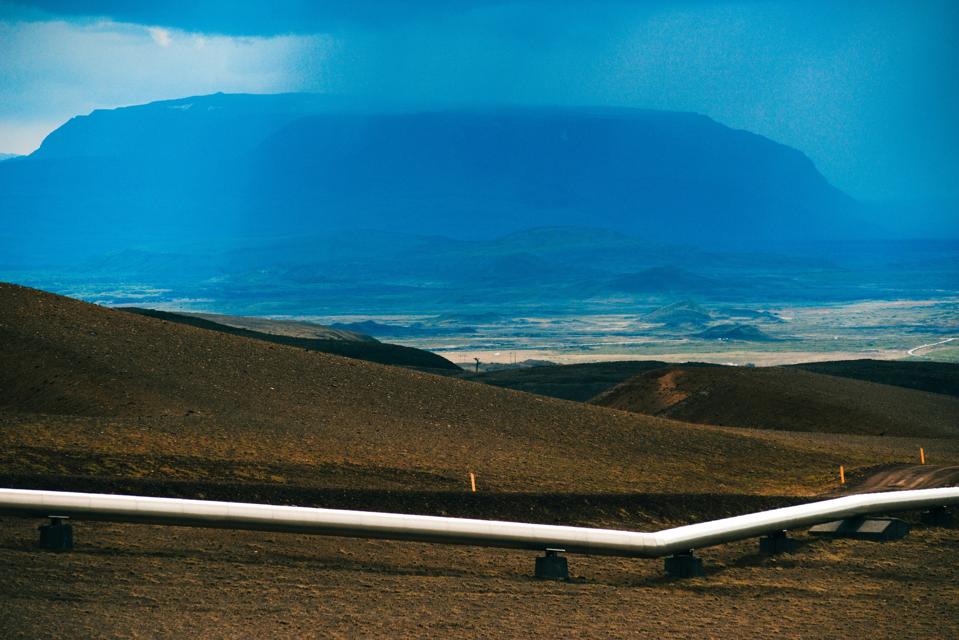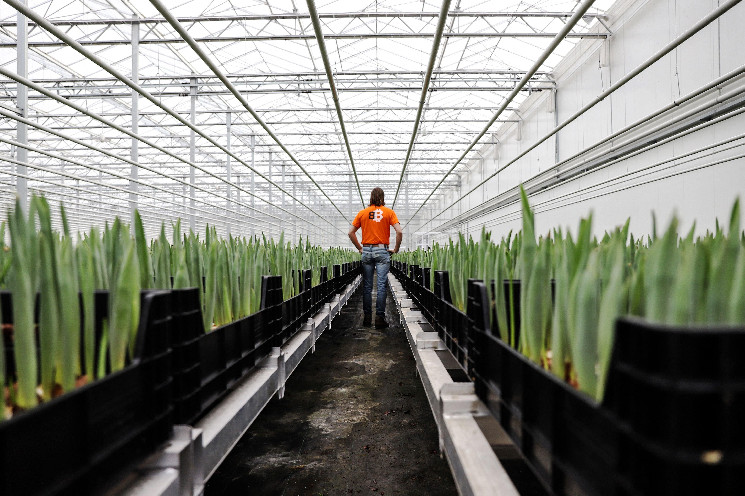
In a world increasingly focused on sustainability and renewable resources, the conversation around bitcoin mining's environmental impact has reached the shores of Iceland. Known for its breathtaking landscapes and renewable energy sources, Iceland has emerged as a global leader in bitcoin mining. However, the country is at a crossroads, facing a decision that could reshape its future priorities: the balance between embracing bitcoin mining and securing food sustainability.
Iceland's Prime Minister, Katrín Jakobsdóttir, recently highlighted the nation's dilemma. On one hand, Iceland boasts an abundant supply of renewable energy, making it an attractive hub for bitcoin miners. On the other hand, the country faces challenges in self-sustaining its food production, relying heavily on imports for basic necessities like grains and vegetables.
While Iceland is renowned for its abundance of renewable energy, its heavy reliance on food imports paints a contrasting picture of its self-sufficiency. According to The Observatory of Economic Complexity, Iceland exports approximately $234,000 of tropical fruits but imports a staggering $9.28 million worth, revealing a large gap in its food trade balance. This dependency on imports for basic necessities shows the need for solutions to enhance local sustainability.
Bitcoin Brabant in the Netherlands highlights the synergy between bitcoin mining and sustainable practices. By utilizing the excess heat generated from bitcoin mining, they optimize the use of renewable energy and provide a cost-effective heating solution for businesses and greenhouses.
Their projects demonstrate the move from conventional heating methods to a more sustainable, solar-powered solution, reducing the carbon footprint and energy costs. This approach presents a viable model for Iceland, showcasing how integrating bitcoin mining with renewable energy sources can contribute to environmental sustainability while supporting local agriculture and reducing reliance on food imports.
The story of Prague-based entrepreneur Kamil Brejcha also offers a compelling counter-narrative to the idea that bitcoin mining and environmental sustainability can coexist. Brejcha's approach leverages the excess heat from mining to grow "cryptomatoes," demonstrating a symbiotic relationship between technology and agriculture. This challenges the perception of mining as inherently wasteful and presents a model for how mining and farming can create mutual benefits.
The project is more than a quirky experiment; it shows the potential to create a sustainable energy loop. Using 100% bio-waste produced energy to power mining operations and employing the excess heat for greenhouse agriculture. This approach addresses the environmental concerns associated with mining and contributes to food production, offering a solution to one of Iceland's pressing issues.
In 2022, Iceland's tropical fruit imports were primarily sourced from the Netherlands, Peru, Denmark, Colombia, and Costa Rica. By adopting similar solutions, Iceland could significantly reduce air miles on imports.
Utilizing waste heat from bitcoin mining presents an opportunity for businesses. By tapping into the excess heat generated by mining operations, businesses enhance their environmental sustainability and unlock additional revenue streams. This approach highlights the potential for bitcoin mining to contribute positively to economic viability and caring for the environment, offering a model for sustainability-conscious industries worldwide.

Iceland stands at the forefront of these opportunities. Rather than viewing bitcoin mining and food sustainability as mutually exclusive goals, the country has the potential to lead by example, showing the world that it's possible to harness technology and renewable resources in harmony.
It's important to recognize the folly of prioritizing food production over bitcoin mining with Iceland's abundant energy resources. While food sustainability is critical, diverting energy from bitcoin mining overlooks the potential and economic benefits. Iceland's focus on utilizing its energy surplus for bitcoin mining aligns with its technological skills and offers opportunities for sustainable economic growth. Iceland has the potential to optimize its use of green energy, strengthen its agricultural output, and solidify its position as a leading hub for bitcoin mining.
Iceland and beyond remind us that opportunity lies in the face of challenges. It's a call to rethink how we approach the intersection of technology, sustainability, and economic development. With the right strategies, Iceland could have the best of both worlds, proving that with innovation and foresight, it doesn't have to be a choice between bitcoin and bread—it can be both.
 forbes.com
forbes.com
